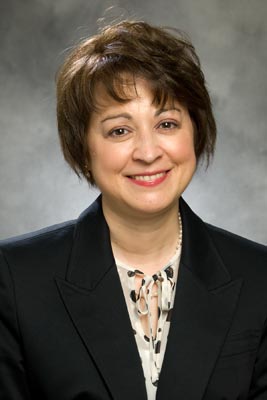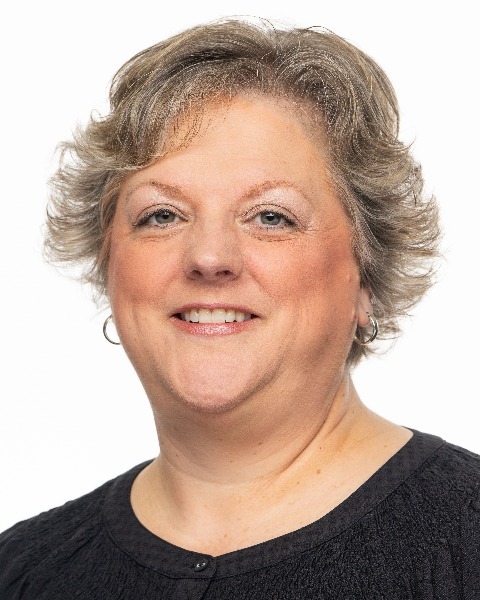
Promoting Social Inclusion for Children in Healthcare: Implications for Child Life Practice
-
You must log in to register
- Non-member - $60
- Member - $35
- Student - $15
The provision of psychosocial care for children in healthcare is the primary goal of the child life specialist. Given that children with chronic illnesses and special healthcare needs are more likely to experience social exclusion in comparison to their healthy peers, a critical assessment of child life practice in this regard is merited. This webinar will explore current understandings, pediatric terms, and concepts associated with social inclusion and children within healthcare populations. Research conducted by the presenters will provide additional information about what we currently know about social inclusion for children with healthcare needs and disabilities. This discussion will provide the basis upon which to examine child life goals and practices. At the end of the presentation, we will invite attendees to share their thoughts and clinical experiences regarding efforts that can promote greater social inclusion for these children.
Participants will be able to:
-Identify emerging and current terminology for populations of children in healthcare and how the concept of inclusion is understood
-Examine more specifically the notion of social inclusion for children in healthcare
-Share research findings pertaining to social inclusion of children in healthcare
-Promote and identify ways of expanding clinical practice to ensure greater social inclusion for children with healthcare needs and their families
Suggested Domain: Intervention

Donna Koller, Ph.D.
Dr. Donna Koller is a Professor within the School of Early Childhood Studies at Ryerson University in Toronto, Ontario, Canada. She has a doctoral degree in child development and applied psychology from the University of Toronto and has worked in three pediatric settings (US and Canada), both in clinical and research capacities. Currently, she holds an adjunct scientist position with The Hospital for Sick Children (SickKids) Research Institute. Previously, she was employed as the first academic and clinical specialist in child life at the Hospital for Sick Children (SickKids), Toronto, Canada. As a strong advocate for the child life profession, Dr. Koller wrote the first evidence-based practice statements for the Child Life Council. Her research interests include psychosocial care in pediatrics and children's participation rights in healthcare decision-making. Presently, she is principal investigator on two projects involving the social inclusion of children with chronic medical conditions and disabilities. As an outcome of a previous study, she helped create a psychoeducational tool called 'My Diabetes Playbox' to help young children with diabetes learn more about their disease; a newly created app based on the playbox is available in American and Canadian versions. Internationally, she has presented at several conferences and consulted on psychosocial care issues with pediatric health care providers in the Middle East and across North America.

Cara Sisk, Ph.D., CCLS
Associate Professor, Child Life
Tennessee Technological University
Cara Sisk, PhD, CCLS is an Associate Professor in the School of Human Ecology at Tennessee Technological University and works as the Child Life Program Director. Previously serving children and families as a practicing Certified Child Life Specialist for over a decade, Cara’s clinical work influences her teaching and scholarly interests including research focused on the internship readiness of child life students. Cara contributes to child life’s academic discipline as an editor of and author in the Child Life Assessment textbook and Past president of the Child Life Academic Society. She is active in the Association of Child Life Professionals as a Research Fellow and member of The Journal of Child Life: Psychosocial Theory and Practice Review Board.
